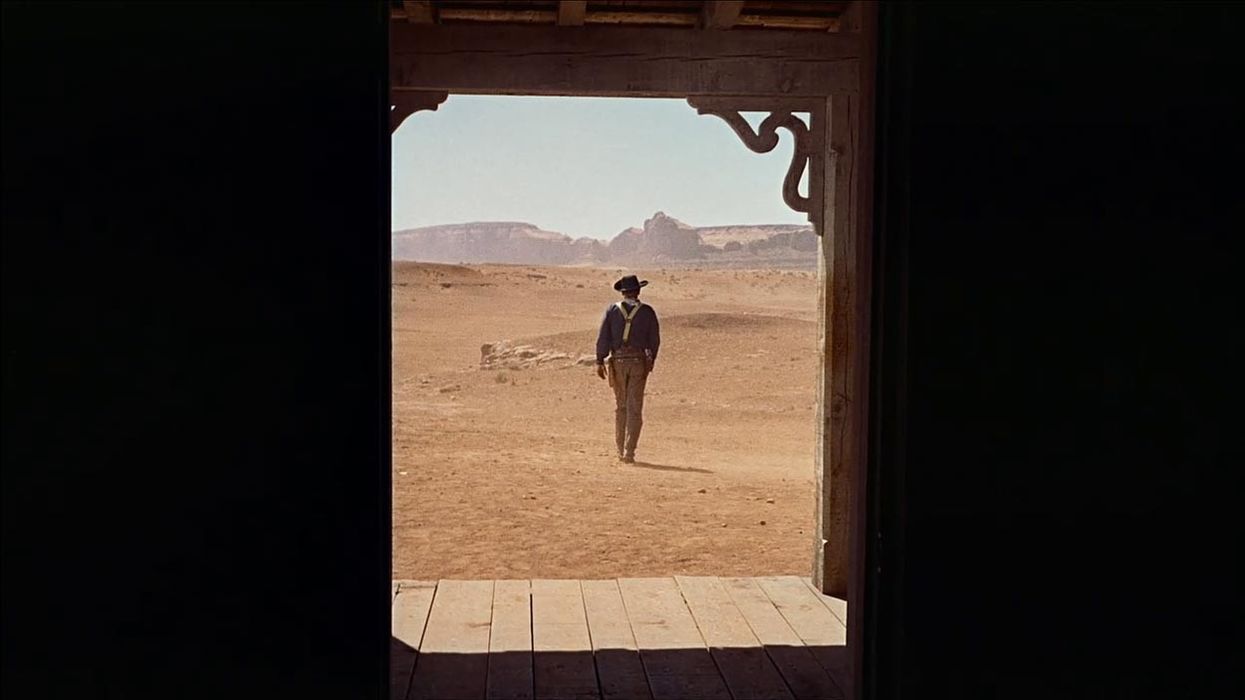The 3 Things Your Screenplay Is Missing in Act Three (and How to Find Them)
You're on your way to the end. Don't forget these key elements.

When you're writing your screenplay, there are a lot of beats you have to try to remember. When you break them down over your acts, it can seem a little less complicated.
The three acts are a way to view a story that goes all the way back to ancient Greece, and they inform all kinds of storytelling in film and television. It was Aristotle's theory that a drama should have a beginning, a middle, and an end. Well, with all this theory, sometimes you miss out on actually writing. So I wanted to break down the things I see people missing, because a lot of times, it's the same. Even I miss these things, so it's good to review for me too.
Today we're going to cover Act Three. Yes, it's the end of your screenplay. By the time you get here, you're going to want to cruise. But oftentimes, if you cruise, you're going to miss a few things. Let's go over them together.
The 3 Things Your Screenplay is Missing in Act Three
1. Immediacy
One thing I've fought as a writer is making sure a driving force survives all my acts. A lot of times, when we get to Act Three, our characters have the resolutions they need. So we just see people talking it out. If there is no immediacy, the whole thing slows down.
Even if you think your characters are packing it up, see if you can introduce things to keep the story going. Like a time lock that forces them to keep things going, or a few payoffs to make sure the journey is still fruitful for the audience.
2. A tangible character arc resolution
Sometimes you get to those final pages and you think the ending is enough. But if you have a character who is arcing, you need to show something tangible for us to feel that emotion. It cannot just be a person in a new place in life. There needs to be a dramatic representation of that change.
Can we physically see a representation of what's gone on inside them? Find something tangible and make sure it's there so the audience can see where we end up.
3. One end
One of the signs of an early draft is that the end of your script cascades over a few different scenes. While not a hard rule, think about your one ending. What's the one thing that happens where we are left wanting more but also left feeling complete?
That singular ending is what you should work toward. Cascading scenes are boring and lazy. Try combining them or cutting them entirely. How can you sum things up in one swift motion?
Check out more on three-act structure to tighten up your writing.






















